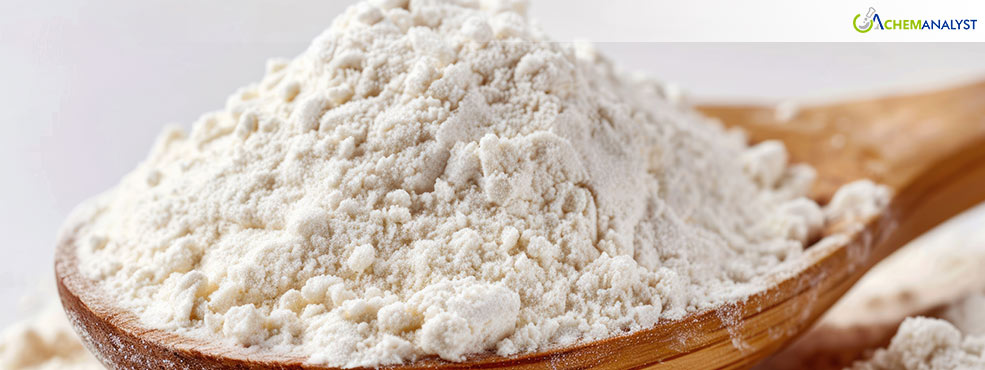Welcome To ChemAnalyst

In an unprecedented market development, Dextrose prices have skyrocketed during October, sending shockwaves through the global chemical manufacturing industry. This simple sugar, derived primarily from corn starch, plays a crucial role in pharmaceutical, food processing, and beverage industries. Also known as glucose, Dextrose is essential in medical applications like IV solutions and serves as a key ingredient in sports drinks and confectionery products. The sharp increase in Dextrose costs has left manufacturers scrambling to secure supplies and maintain production schedules, particularly affecting companies producing medical supplies, bakery products, and energy drinks where Dextrose serves as a vital sweetening and stabilizing agent.
A perfect storm of factors has contributed to the Dextrose crisis, with the unexpected shutdown of two major production facilities in Asia's chemical manufacturing hub leading the way. These facilities, responsible for global Dextrose production, are currently operating at reduced capacity due to mandatory regulatory compliance updates and infrastructure modernization requirements.
Industry analysts note that the timing of this Dextrose supply disruption couldn't be more challenging. Fourth-quarter demand traditionally peaks during this period due to increased production of winter cleaning products and personal care items containing Dextrose. European markets have been particularly vulnerable to supply shortages, with Dextrose prices reaching historic highs amidst increased energy costs and stricter environmental regulations affecting local production capabilities.
The situation has been further complicated by a historic labor dispute erupting across major U.S. ports, marking the most significant maritime workers' action in five decades. This dispute has severely impacted the transportation of Dextrose and other essential chemical supplies. Workers, united in their demands for better treatment and improved contracts, have effectively paralyzed shipping operations across Eastern Seaboard and Gulf Coast facilities.
Market experts estimate that nearly 60% of chemical shipments, including crucial Dextrose imports, are now facing severe delays or complete stoppage. The ripple effects of this supply chain disruption are expected to be particularly acute as manufacturers approach their peak seasonal production periods, with Dextrose prices projected to remain elevated through the remainder of the quarter.
The current Dextrose crisis represents a perfect example of how interconnected global supply chains can amplify local disruptions into worldwide challenges. Manufacturers who historically relied on just-in-time inventory management for Dextrose are now being forced to reevaluate their procurement strategies.
As the industry grapples with these challenges, experts predict that the stabilization of Dextrose prices may not occur until early next year, when alternative supply chains are established, and production facilities return to full capacity. In the meantime, manufacturers are advised to secure their supply chains and consider alternative formulations where possible.
We use cookies to deliver the best possible experience on our website. To learn more, visit our Privacy Policy. By continuing to use this site or by closing this box, you consent to our use of cookies. More info.
